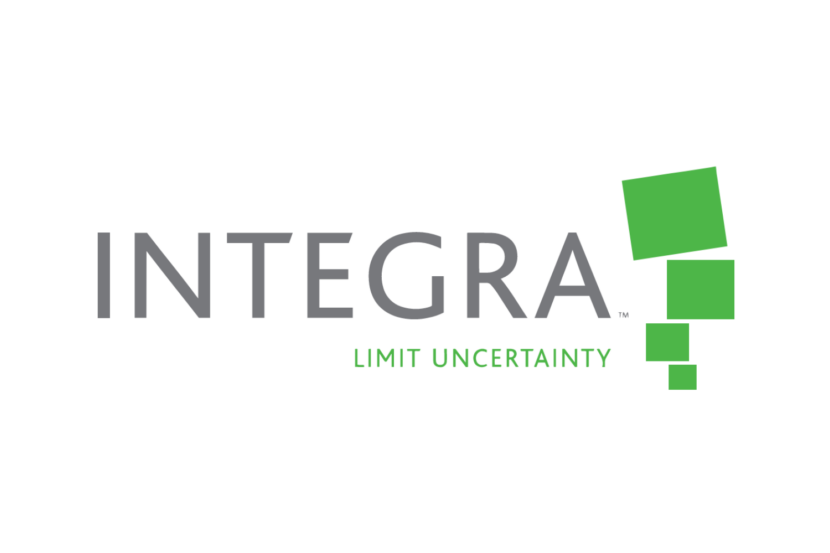Alphabet Inc. was originally founded as a search engine company in 1998 under the name Google Inc. Since then, Google has become the world’s most popular search engine, with an 87% share of the global search market. The company has diversified far beyond search engines in the past two decades. It reorganized in 2015 and created the holding company Alphabet Inc. The parent holds Google, its largest subsidiary, and a number of other companies. Alphabet is listed on the Nasdaq exchange under the ticker symbols, GOOGL (Class A) and GOOG (Class C).
Alphabet earns revenue through the Google Search engine, YouTube, Google Play, Google Cloud, Chrome browser, and Android mobile operating system. In addition, the company has made considerable investments in the Stadia cloud gaming system, Waymo self-driving vehicles, and other technology initiatives.
Alphabet competes with companies that provide online platforms for connecting people with information and relevant advertising, digital content and application platforms, enterprise cloud services, and more. Major competitors include Amazon.com Inc. (AMZN), Microsoft Corp. (MSFT), Apple Inc. (AAPL), Facebook Inc. (FB), Alibaba Group Holdings Ltd. (BABA), and others.
- On April 5, 2021, in a 6-2 decision, the U.S. supreme court ruled in favor of Google in a copyright dispute with Oracle. Oracle claimed that Google’s use of code from Oracle’s Java Application Programming Interface (API) violated its copyright on the software, and a lower court agreed, but the Supreme Court decided that it was fair use.
- On March 16, 2021, Google announced that, starting July 1, 2021, it was cutting the fee on its Google Play app store from 30% to 15% on the first $1 million in revenue a developer earns.
- On March 3, 2021, Google announced that it was planning to stop ad sales based on tracking individuals’ browsing history. After announcing in 2020 they would abandon tracking cookies by 2022, this decision confirms that they will not be replacing it with any new sort of cross-site tracking. As selling personalized ads based on tracking a person’s Internet usage is a large part of the current model of digital ad sales, this could mean substantial changes for the industry.
- On Feb. 25, 2021, Australia passed a law which mandates that Google and Facebook compensate media companies for news that users access through those platforms. The law allows the companies and publishers to negotiate deals themselves, and an arbitrator will come in to set a price only if this fails. In the lead up to the law’s passage, Google threatened to withdraw Google from Australia, but softened its stance and agreed to pay global media company News Corp and local Australian media companies Nine Entertainment and Seven West Media to license their content.
- On Feb. 2, 2021, Alphabet announced its Q4 and full-year 2020 financial results. Alphabet beat analysts’ Q4 estimates on revenue and EPS. It also started reporting revenue for its Google Cloud business as its own segment for the first time, showing the importance of that platform to the company.
- On Jan. 25, 2021, Alphabet’s Google subsidiary announced that it was planning to remove third-party tracking cookies by some time in 2022, continuing on from an announcement in 2020. Tracking cookies pose significant privacy concerns, however, there is also concern that this is an anticompetitive measure meant to shift advertising to Google’s own advertising tools. The U.K.’s antitrust authority opened an investigation into the matter earlier in January.
- On Jan. 14, 2021, Alphabet announced that it had completed its $2.1 billion acquisition of wearable technology company, Fitbit.
- On Jan. 4, 2021, over 400 Google engineers formed the Alphabet Workers Union (AWU). The union is affiliated with the Communications Workers of America, which represents telecom and media workers in the U.S. and Canada.
- On Dec. 17, 2020, this was further followed up when 38 attorneys general alleged that Google was maintaining a monopoly on Internet searches through anticompetitive contracts and disadvantaging other search engines with its ad-sales tools.
- On Dec. 17, 202, 10 attorneys general followed up the Oct. 2020 DOJ suit with another alleging that Google had made an anticompetitive agreement with Facebook regarding online ad sales, while also leveraging its market power to overcharging publishers.
- On Oct. 20, 2020, the Justice Department filed suit against Alphabet subsidiary Google. The suit alleges that Google illegally protects its position in the search market by paying smartphone makers to make Google the default search engine on their devices.





